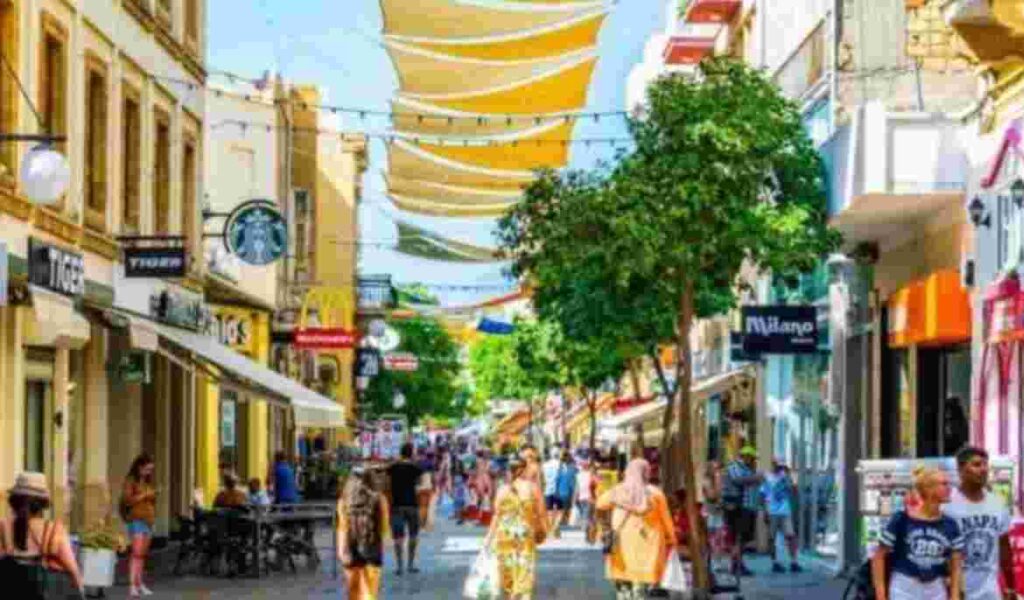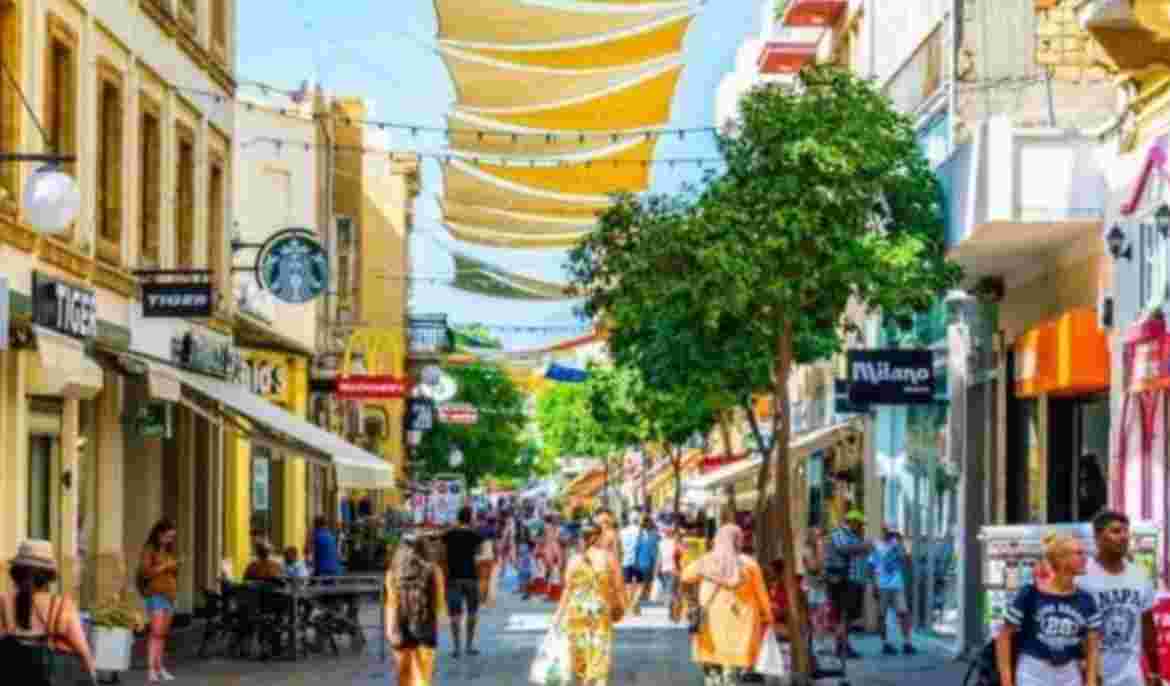Despite recent inflation-driven cost of living concerns, Cyprus’s middle class appears to be thriving based on consumption patterns, even as social inequalities widen, new data suggests.
Key economic indicators show growth across multiple sectors, with increases in retail turnover, property sales, foreign travel, vehicle purchases, and particularly strong growth in food service and delivery sectors.
However, this consumer confidence masks a growing social divide, partly driven by two distinct migration trends: highly-paid technology sector workers and foreign companies establishing bases in Cyprus, alongside economic migrants seeking better living conditions or basic survival.
This demographic shift has significantly altered Cyprus’s social fabric, strengthening both ends of the economic spectrum while proportionally shrinking the traditional middle class, analysts say.
The situation is further complicated by lingering effects of the 2005-2009 financial bubble. Despite banks transferring €22 billion in problematic loans to Credit Acquisition Companies, thousands of households and small-to-medium enterprises remain burdened by debt.
This has created what some observers call “zombie households” – technically middle-class families struggling with unsustainable personal debt levels, either unable or unwilling to service their loans despite foreclosure threats.
Rating agency Scope recently highlighted these concerns while upgrading Cyprus to an ‘A’ rating. The agency maintained a stable outlook, noting that further progress in reducing non-performing loans to eurozone average levels remains crucial for future upgrades.



